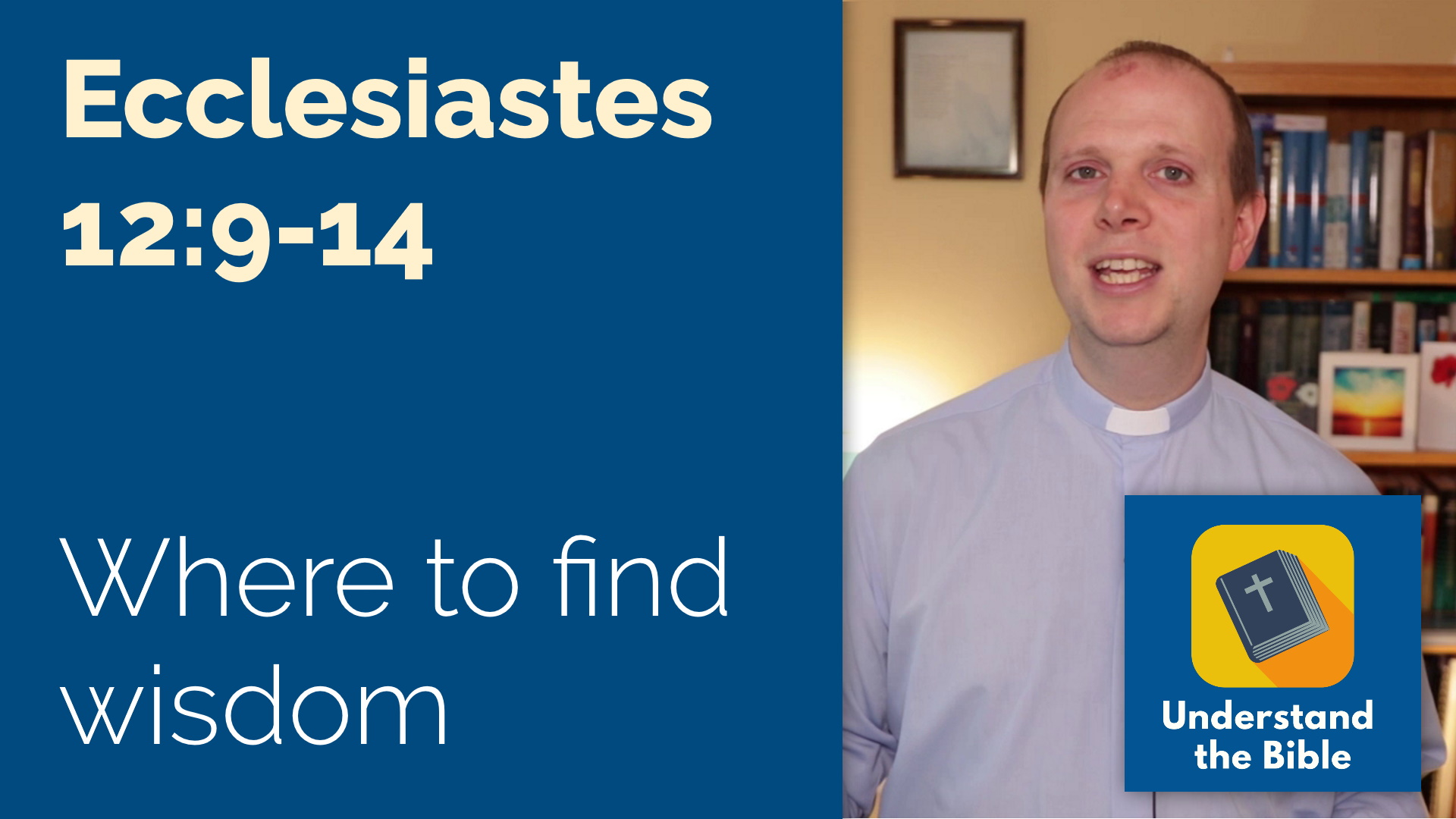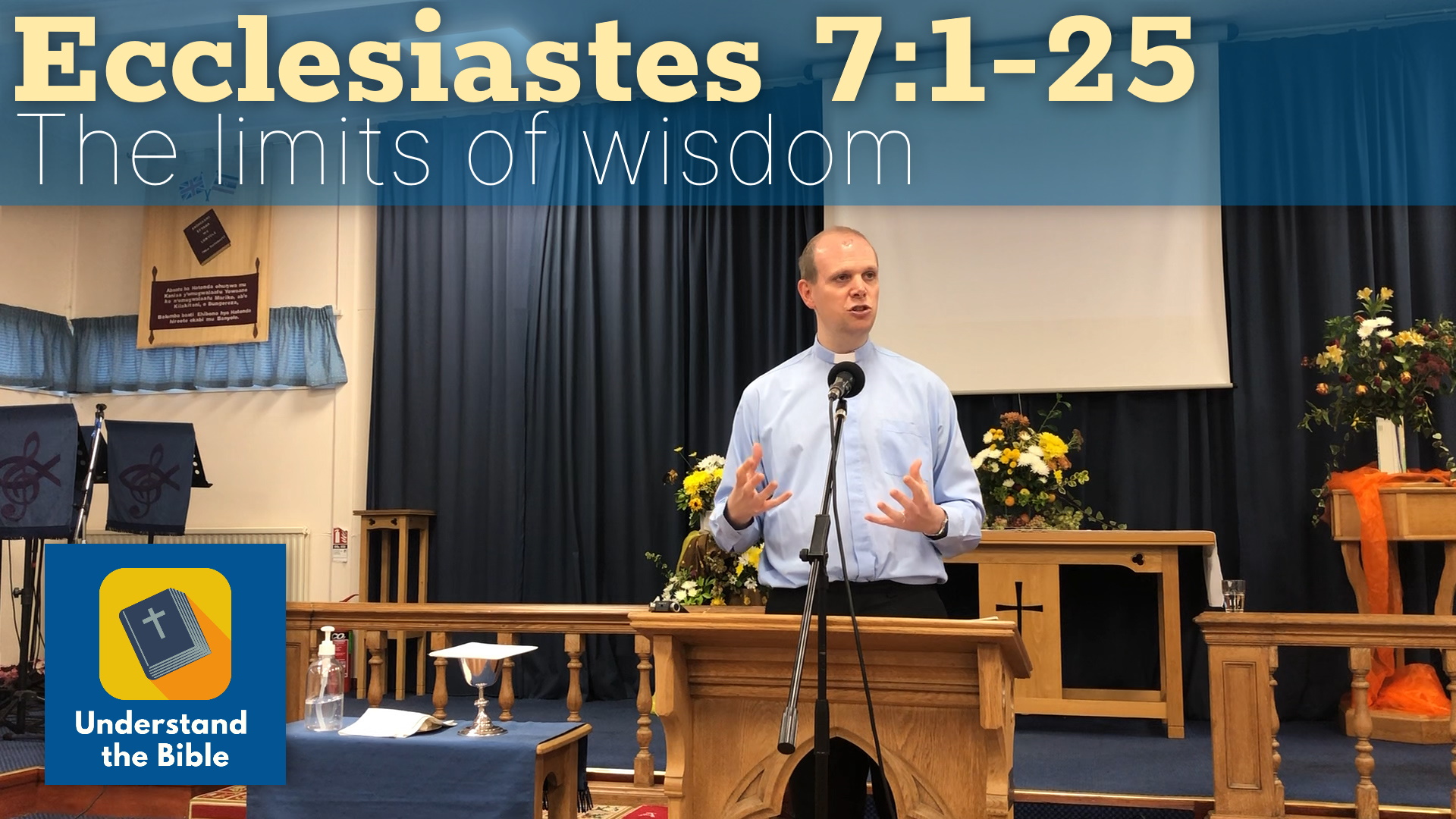Many people in the world have started to look for wisdom over the last few years. A lot of people have even turned to the Bible. But how do we really find wisdom? In this passage, Paul explains that there is a difference between godly wisdom and worldly wisdom — and he shows how we can get godly wisdom.
If you appreciate Understand the Bible, please join us on Substack!










